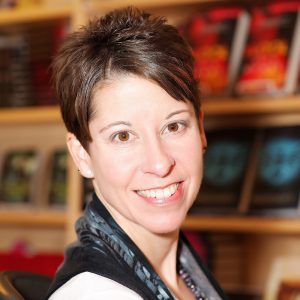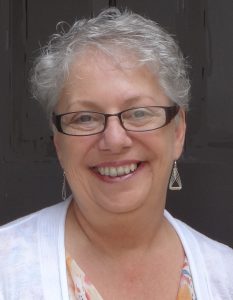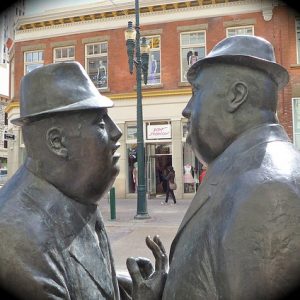The genesis: In January 2015, Backspace co-founder Karen Dionne and I had conversation in which she mentioned that writers sometimes want an agent so badly they are willing to sign with an average or even a below-average agent. Trust me, not all agents are equal. I replied, “Well, writers don’t know what they don’t know.”
In that moment, a lightbulb went off for both of us. Writers don’t know what a good agent does. How could you if (1) you’ve never experienced it and (2) you’ve only ever had one agent and no way to assess just how strong he or she might be at the job?
Thus, this series of articles was born.
*****
Article #1 in the series WHAT MAKES A GOOD AGENT? by Agent Kristin and Karen Dionne, co-founder of Backspace
Simply put, a literary agent is the person an author hires to manage his or her publishing career.
Literary agent is actually an odd career. It’s the only job in which the the agent picks the client (writer) first, and then the client decides whether or not to hire the agent. What other job is remotely like that? None. It’s unique to this industry.
Regardless, once an agent offers you representation, saying “yes” and hiring your agent is a business decision—one with real consequences that directly impact the success of your career.
And not all agents are equal—especially in their skill set.
Yes, I know that many writers only receive one offer of representation and don’t have the luxury of their choice of agents. In the end, you’ll have to do what is right for you. Just keep in mind the nine criteria below as you make decisions about hiring—or firing—your agent.
I’m constantly amazed at how rarely writers demonstrate business acumen when it comes to their own publishing career—something that would never fly in their day jobs or in other parts of their lives. Ultimately, an author who is smart, educated, and business-oriented will have a more successful career.
The same traits that make a good business manager also make a good agent. Before I give you my list, take a moment to jot down your own list. In your opinion, what makes a savvy business manager? Rank your criteria in order of importance.
Now let’s see if we match up.
In my opinion, based on a decade-plus of experience, good agents:
- command authority naturally
- are good negotiators and unafraid to walk away from a deal if necessary to protect the author
- are assertive (not to be confused with aggressive)
- are comfortable with conflict and don’t avoid it (as in they don’t acquiesce to the publisher so as to not “rock the boat”)
- advocate on behalf of the author (not to be confused with persuading the author to accept whatever the publisher wants simply to avoid conflict)
- are highly organized
- are skilled, financially stable entrepreneurs if they run their own agencies
- know how to be team players
- are good communicators, both with you and with the in-house publishing team
In addition, they might also be the author’s cheerleader!
I know from personal experience that a lot of agents are good at the bottom two items on this list (being a team player and being a good communicator), but these agents don’t rate high on what I consider the top seven criteria. The hard stuff. The real stuff.
Good/great agents offer the whole package. It’s important for you to know if yours qualifes.
It’s so important, in fact, that in 2015, I’m going to tackle each criteria in this series of monthly articles and explain how it relates to the job of agenting, all in hopes of giving writers the necessary business tools that can be applied to their careers.









